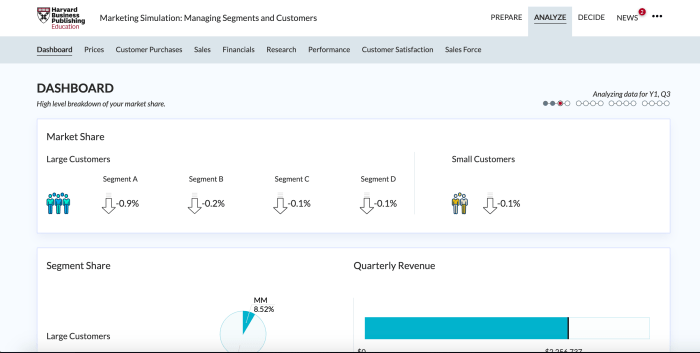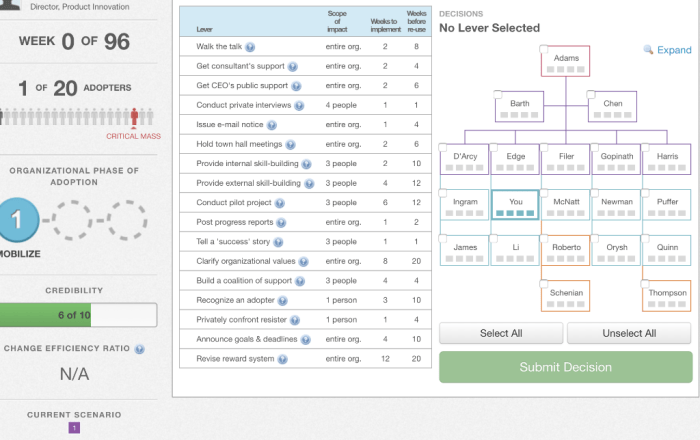Embark on a culinary adventure with the renowned Harvard Food Truck Simulation Answers, where we unravel the secrets to maximizing your food truck’s potential. This immersive simulation empowers you with invaluable insights, metrics, and best practices to navigate the competitive food truck industry and achieve profitability.
Join us as we delve into the intricacies of the simulation, exploring its key concepts, analyzing results, and extracting actionable recommendations to optimize your food truck operations. Prepare to elevate your food truck to new heights of success.
1. Harvard Food Truck Simulation Overview

The Harvard Food Truck Simulation is a business simulation designed to help food truck operators make better decisions about their businesses. The simulation is based on real-world data and allows users to experiment with different variables to see how they affect their bottom line.
The simulation is intended for use by food truck operators of all experience levels. It can be used to help new operators learn the basics of running a food truck, or by experienced operators to fine-tune their operations.
2. Key Concepts and Metrics: Harvard Food Truck Simulation Answers
The Harvard Food Truck Simulation uses a number of key concepts and metrics to evaluate performance. These include:
- Revenue: The total amount of money earned by the food truck.
- Cost of goods sold: The cost of the food and other supplies used to make the food.
- Labor costs: The cost of paying employees.
- Overhead costs: The cost of rent, utilities, and other fixed expenses.
- Profit: The amount of money left over after all expenses have been paid.
These metrics are used to calculate a number of key performance indicators (KPIs), such as profit margin, return on investment, and customer satisfaction.
3. Simulation Design and Implementation

The Harvard Food Truck Simulation is a Monte Carlo simulation. This means that it uses random numbers to generate a large number of possible outcomes. This allows the simulation to capture the uncertainty that is inherent in the food truck business.
The simulation is based on a number of assumptions about the food truck market. These assumptions include:
- The demand for food trucks is constant.
- The cost of food and other supplies is constant.
- The cost of labor is constant.
- The overhead costs are constant.
These assumptions are necessary to make the simulation tractable. However, they may not be true in the real world. This means that the results of the simulation should be interpreted with caution.
4. Simulation Results and Analysis

The results of the Harvard Food Truck Simulation show that there is a number of factors that can affect the profitability of a food truck. These factors include:
- The location of the food truck.
- The type of food that is sold.
- The price of the food.
- The quality of the food.
- The level of customer service.
The simulation also shows that there is a number of best practices that food truck operators can follow to improve their profitability. These best practices include:
- Choosing a location with high foot traffic.
- Selling a variety of food items that appeal to a wide range of customers.
- Pricing the food competitively.
- Providing excellent customer service.
5. Best Practices and Recommendations
Based on the results of the Harvard Food Truck Simulation, there are a number of best practices that food truck operators can follow to improve their profitability. These best practices include:
- Choose a location with high foot traffic.
- Sell a variety of food items that appeal to a wide range of customers.
- Price the food competitively.
- Provide excellent customer service.
- Use social media to market the food truck.
- Track key performance indicators (KPIs) to measure the success of the food truck.
By following these best practices, food truck operators can increase their chances of success.
Essential Questionnaire
What is the purpose of the Harvard Food Truck Simulation?
The Harvard Food Truck Simulation is designed to provide food truck operators and aspiring entrepreneurs with a realistic and immersive experience to test their decision-making skills, optimize operations, and gain insights into the food truck industry.
What are the key metrics used in the simulation?
The simulation employs various metrics to evaluate performance, including revenue, profit, customer satisfaction, food quality, and operational efficiency.
How can I access the Harvard Food Truck Simulation?
The Harvard Food Truck Simulation is available through the Harvard Business School Online platform. You can register for the simulation program and gain access to the online learning materials.